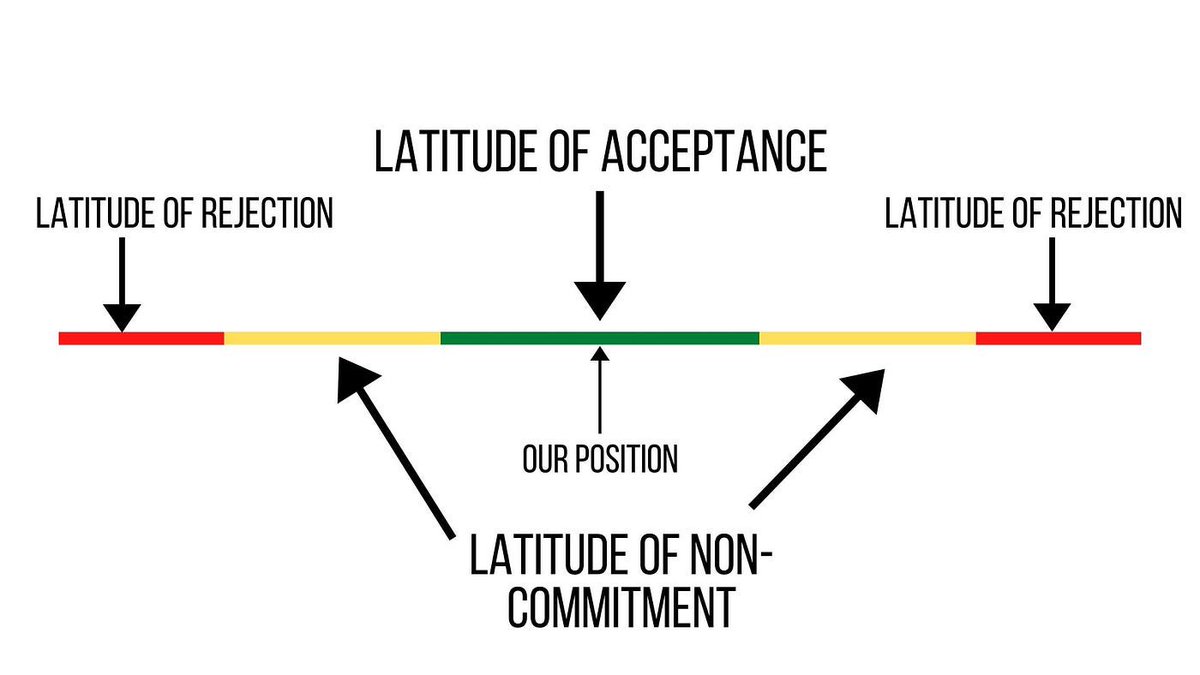🧵Here is a thread on the book Fascism The Career of a Concept by Paul Gottfried. The book is essentially multiple compiled works by various researchers. There was a few interesting points in the book but overall it clearly shows the exact reason why Fascism rejects such impractically deep and muddied research that comes from the literati. Fascism is about action, and yet volumes are filled with long winded descriptions of the apparent.

Firstly, it is important to recognize that the word Fascism is often used to describe thoughts that don’t align with the ever progressive dribble from the public. This does not rewrite the definition of fascism through repetition, at least not in an ideological or academic way. 

Here it is asserted that Fascism is a reactionary imitation of and to the Marxist left. Countervisions of the transcendence of mankind through coordinated effort came about to combat the Marxist teachings of the time. Many scholars believe that Fascism in its true form was bound to a time (interwar) and place (Italy).

Fascism is “unbound by any philosophical determinism”. This is a major deviation from National Socialism. Again, we see Fascism described as an interwar Italian phenomenon. 

Since this ideology identifies the economy, state and individual to be a single entity, a duty naturally arises through association. Due to the importance of this duty, the state must naturally supervise all components to ensure it is carried out adequately. 

These states did not carry out or aim to incite a socioeconomic revolution. This is another example of fascism being reactionary, and clearly differentiating itself from National Socialism (revolutionary). 

Fascist philosophy came as afterthoughts to the pure activism of the members. Fascism is action, for the benefit of the state (the whole), without undue predetermination according to natural law. 

Again, fascism likely belongs to a specific temporal- spatial context, and can absolutely not be applied to groups outside of Europe for the same reason that NS can’t. It draws from a European heritage and history and foreign groups attempting to implement it will fall into the gap the exists between our natural states.

Yet again, fascism did not seek long term obligations (another deviation from NS) and recognized that they would change policy based on the needs of the time. 

Join our bookclub here:
The PDF can be found on the following telegram library: x.com/i/communities/…
The PDF can be found on the following telegram library: x.com/i/communities/…

• • •
Missing some Tweet in this thread? You can try to
force a refresh






















